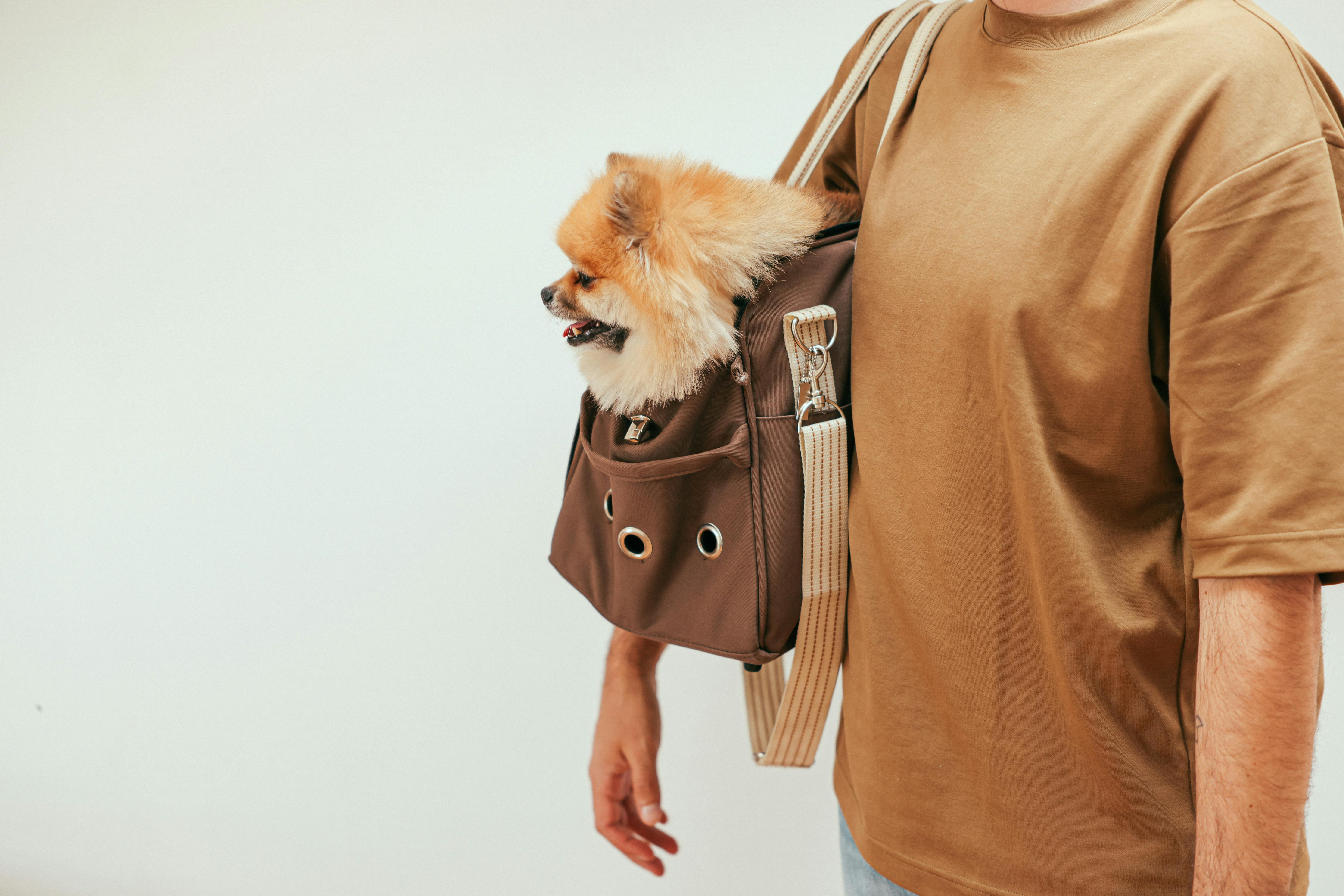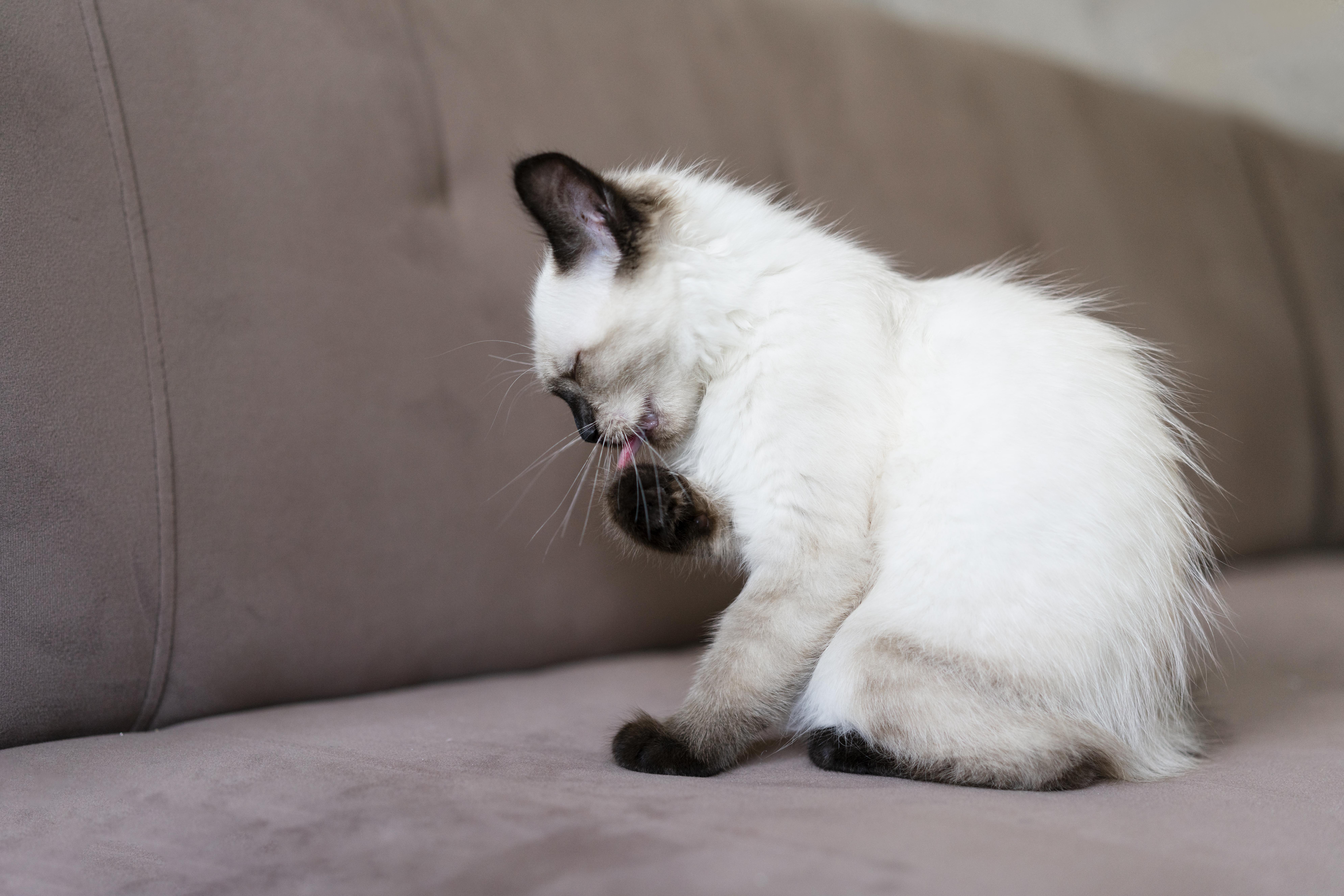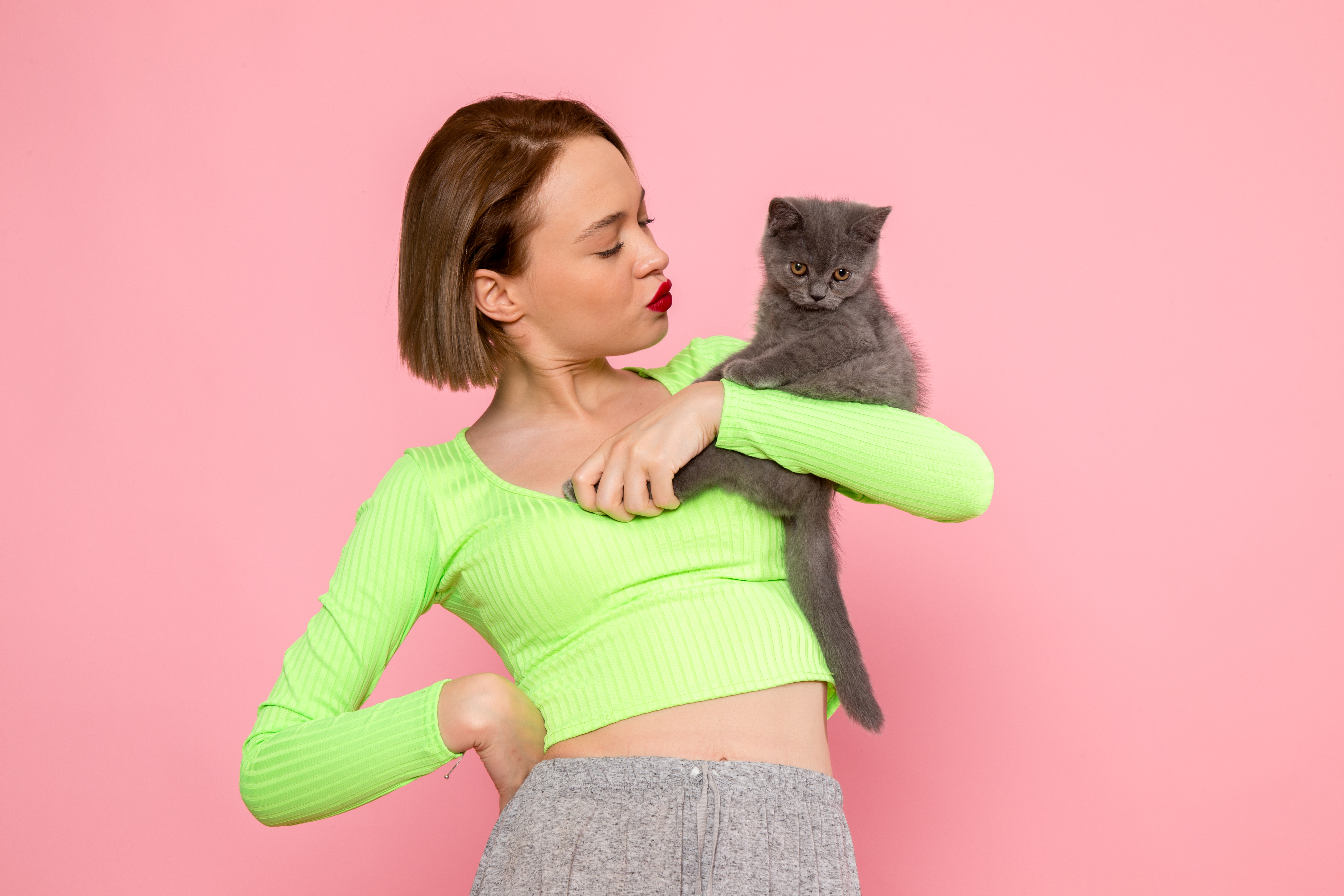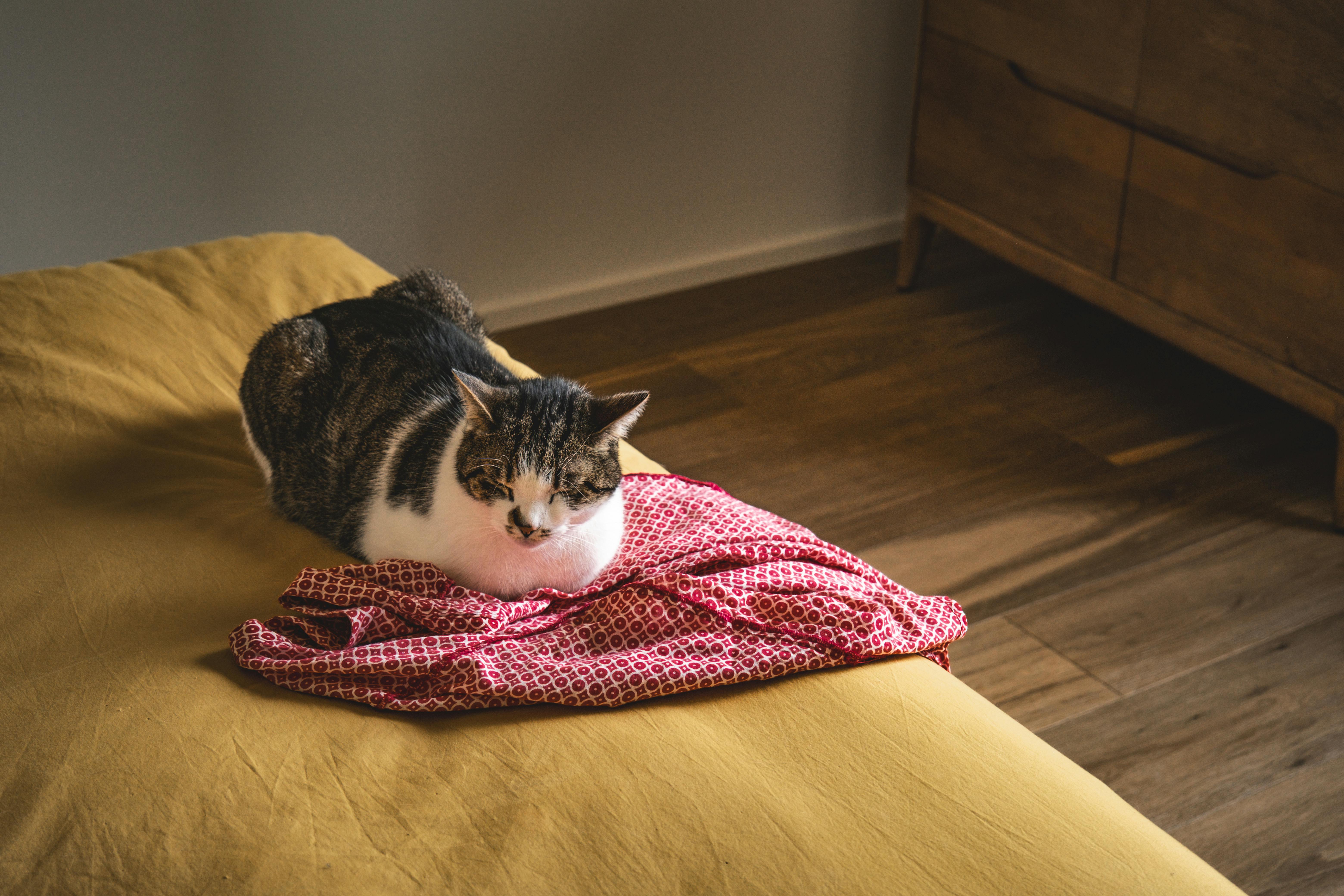Dangerous Foods for Dogs: What Not to Feed Your Pet (And What’s Safe)
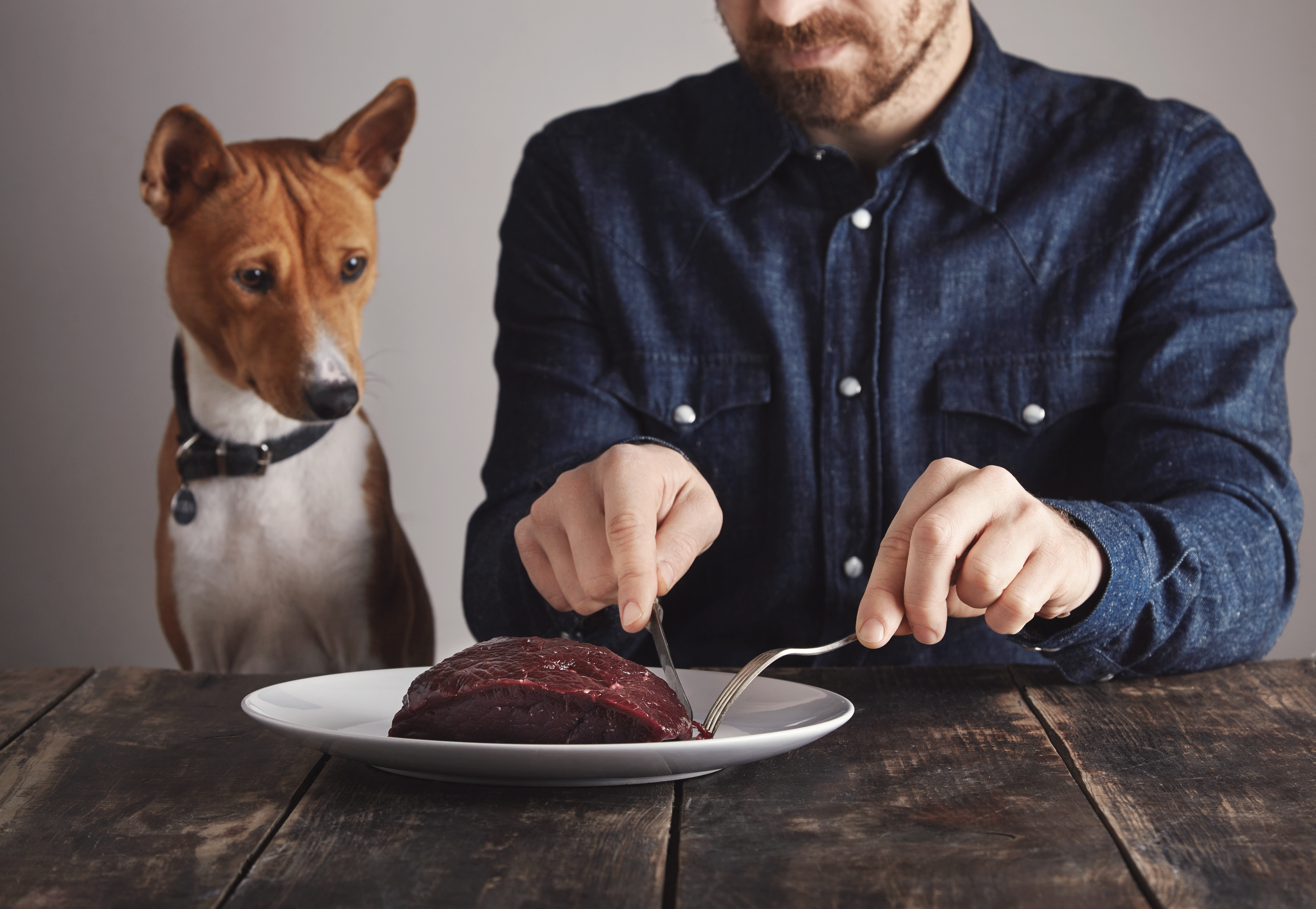
Strong 8k brings an ultra-HD IPTV experience to your living room and your pocket.
Those pleading eyes at the dinner table can be hard to ignore—but sharing your food with your dog can be risky. While some human foods are safe for dogs in moderation, others can be toxic or even fatal. This guide covers the most dangerous foods for dogs, symptoms of poisoning, and which treats are actually safe to share with your furry friend.
Foods That Are Toxic to Dogs
If your dog consumes any of the foods below, contact your veterinarian immediately, even if symptoms aren't yet visible.
1. Chocolate, Coffee, and Caffeine
These contain methylxanthines, which can cause:
- Vomiting and diarrhea
- Increased heart rate
- Restlessness
- Muscle tremors
- Seizures
- Death (in high doses or in small dogs)
The darker the chocolate, the more dangerous it is—baking chocolate is especially harmful.
2. Xylitol
Commonly found in sugar-free gum, candy, and even toothpaste, xylitol causes:
- Rapid insulin release
- Hypoglycemia (low blood sugar)
- Seizures
- Liver failure within days
Symptoms can appear within minutes of ingestion.
3. Grapes and Raisins
Even a small amount can cause kidney failure in some dogs. The exact toxic compound is unknown, so it's best to avoid grapes and raisins entirely.
4. Macadamia Nuts
These can cause:
- Weakness and tremors
- Vomiting
- Elevated body temperature
- Depression
Even a few macadamia nuts can make your dog seriously ill.
5. Onions, Garlic, and Chives
These belong to the Allium family and can destroy red blood cells, leading to Heinz body anemia. Symptoms may include:
- Lethargy
- Vomiting
- Pale gums
- Rapid heart rate
- Breathing difficulties
- Both raw and cooked forms are toxic, as is onion powder.
6. Alcohol
Dogs are much more sensitive to alcohol than humans. Even small amounts from drinks or foods can cause:
- Vomiting and diarrhea
- Loss of coordination
- Coma
- Respiratory failure
7. Yeast Dough
Unbaked yeast dough expands in your dog’s stomach, potentially causing:
- Painful bloating
- Gastric torsion (a life-threatening condition)
- Alcohol poisoning from fermenting yeast
8. Avocado
Avocados contain persin, a toxin that can cause:
- Vomiting
- Diarrhea
- Potential obstruction from the large seed if swallowed
All parts of the plant, including leaves and bark, should be kept away from dogs.
Other Foods That Can Be Dangerous
While not necessarily toxic, these foods can cause health issues and should be avoided or offered only with veterinary guidance.
1. Dairy Products
Most dogs are lactose intolerant. Dairy can cause:
- Gas and bloating
- Diarrhea
In some cases, pancreatitis, a painful and potentially fatal condition
2. Salty Snacks
Excess salt can lead to:
- Thirst and frequent urination
- Vomiting and diarrhea
- Seizures and even death in extreme cases
Dogs with heart or kidney disease are particularly sensitive to salt.
3. Raw Meat, Eggs, and Bones
While some owners follow a raw diet, it carries risks:
- Salmonella or E. coli infection
- Avidin in raw eggs blocks vitamin B absorption
- Bones can cause choking or intestinal injury
If you're interested in adding nutrient-rich organs to your dog's diet, such as gizzards, make sure they're properly cooked and safe. Here's what you should know if you're wondering, can dogs eat chicken gizzards.
4. Citrus Fruits
Peels, leaves, and stems of citrus fruits contain essential oils that can cause:
- Gastrointestinal upset
- Central nervous system depression (in large amounts)
While a small amount of orange or lemon pulp might not hurt, these fruits shouldn’t be a regular treat.
5. Coconut and Coconut Oil
Coconut can lead to:
- Loose stools or diarrhea
- Electrolyte imbalances if your dog has heart or kidney issues
6. Most Nuts
Many nuts are high in fat and calories. They may cause:
- Vomiting and diarrhea
- Pancreatitis
- Choking or obstruction
Especially avoid:
- Macadamia nuts and black walnuts (toxic)
- Pecans and almonds (not toxic but hard to digest)
Safe Foods Dogs Can Eat (in Moderation)
While dogs should primarily eat nutritionally balanced dog food, many human foods are safe to share occasionally.
Fruits
- Apples (core and seeds removed)
- Bananas
- Watermelon (seedless)
- Blueberries
- Raspberries
- Pineapple
Vegetables
- Carrots
- Green beans
- Cooked pumpkin
- Sweet potatoes
- Broccoli (small amounts)
- Zucchini
- Peas
Cooked Meats
- Chicken, turkey, and beef (boneless, unseasoned)
- Salmon (fully cooked and boneless)
- Cooked organ meats like liver or gizzards—just be sure they’re prepared properly and served in moderation
Want to learn how to prepare gizzards for your dog safely? Read: Can dogs eat chicken gizzards
Grains and Legumes
- Cooked white or brown rice
- Oatmeal
- Plain cooked pasta
Dairy (small amounts)
- Plain yogurt
- Cottage cheese
- Xylitol-free peanut butter (in moderation)
Feeding Tips to Keep Your Dog Safe
- Follow the 10% rule: Treats and human food should make up no more than 10% of your dog’s daily calories.
- Avoid seasonings: Onion, garlic, salt, and spices can be harmful.
- Introduce new foods slowly: Watch for signs of intolerance such as gas, vomiting, or diarrhea.
- Stick to vet-approved treats: Ask your vet before introducing unfamiliar foods or switching to a raw or homemade diet.
Final Thoughts
Feeding your dog from your plate might seem like a kind gesture, but it can put their health at risk. By knowing which foods are toxic to dogs and which are safe in moderation, you can treat your pup responsibly and lovingly.
Always keep dangerous items out of reach, and when in doubt, consult your veterinarian. A well-fed dog is a happy and healthy companion for life.
Note: IndiBlogHub features both user-submitted and editorial content. We do not verify third-party contributions. Read our Disclaimer and Privacy Policyfor details.



